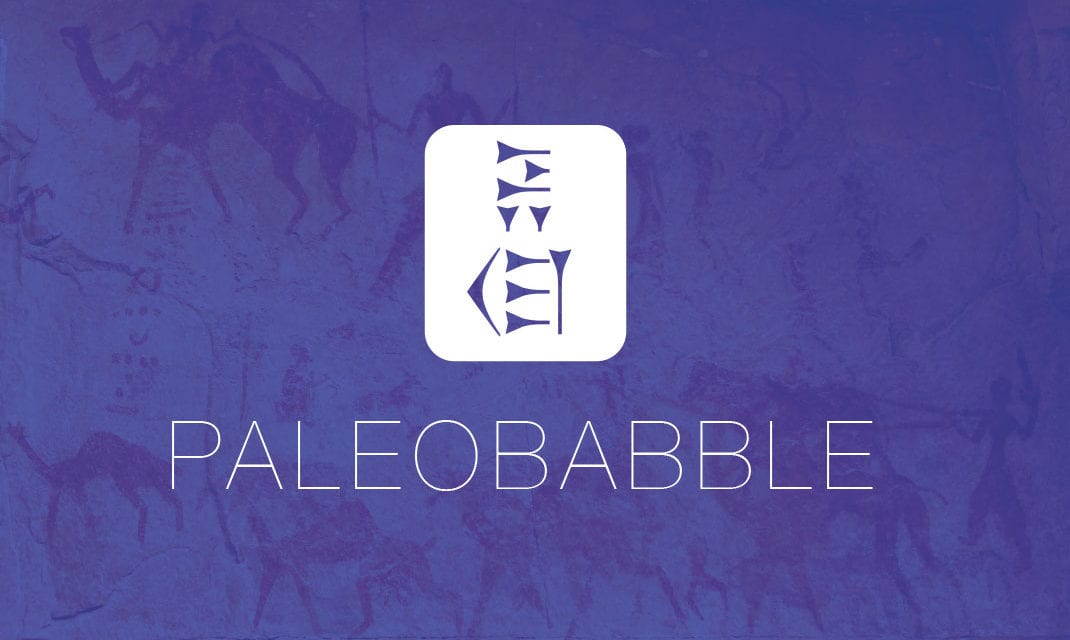I’ve blogged about the problem of how the peer review process in the sciences has been compromised by laziness and money. Here we go again: “Sting Operation Reveals Science’s Insane Fake News Problem.” As the article’s author notes by way of explaining his title:
This sting operation was the first systematic analysis on editorial roles in science publishing, adding concrete evidence to a problem past stings have shed light on. There are a whole lot of “predatory” scientific journals out there, journals that take advantage of scientists’ need to produce articles by publishing anything for a fee, without checking to make sure the paper is actually new research, worth publishing, and not completely inaccurate. But the problem is more than a juiced-up email scam (despite some probably-predatory journals looking essentially the same), and highlights many issues in today’s scientific publishing industry. Those issues can result in important science not being published in real journals, or worse, bad, un-vetted science being published, scientists bolstering their resumes with crap, and an eroding public trust in science as an institution.
This is yet another indication that peer review is failing in the sciences. That’s a problem for precisely the reason that the excerpt indicates. But lest ancient astronaut enthusiasts and other paleobabblers get too excited. let’s think about conclusions that cannot be drawn from this:
- The current problem doesn’t mean there was a past problem. That is, we know the earth isn’t flat not because of research today, but because of research of many years ago, validated through the centuries long before we ever ran into predatory journals, the publish-or-perish mentality, brought on by a marriage of a glut of PhDs vying for big dollars.
- The current problem hasn’t really shown up in the humanities, save for the loony sorts of dissertations that are driven by agenda-based academic departments. For a funny expose of silly dissertation titles, I recommend the hilarious chapter in Charles Sykes’ Profscam: Professors and the Demise of Higher Education. Compared to the hard sciences, humanities research is a path to poverty. You don’t have either the federal government, the military, or private industry pouring anywhere near the same amount of money into humanities research. The world of biblical studies is, of course. a very small subset of the humanities. That area of study is so small that basically everyone knows everyone on editorial boards, and it’s easy to check if a submitter has a legitimate PhD and a legitimate adviser, or is in a legitimate doctoral program. It’s far more manageable. And there are very FEW open access journals in this discipline. I can count them on one hand.
- This last item — the open access problem in the sciences that is contributing to the demise of peer review — is also why I have suggested on this blog that research done in such journals doesn’t represent a rigorous peer review process. Research that appears in these journals that seemingly contradicts everything everyone else has seen in a lab ought to be viewed with some suspicion.
Hopefully articles like this one will scare the hard sciences community into a crackdown on the laziness and graft.





富强、民主、文明、和谐,自由、平等、公正、法治, 爱国、敬业、诚信、友善。
学习使人进步,到此拜读!